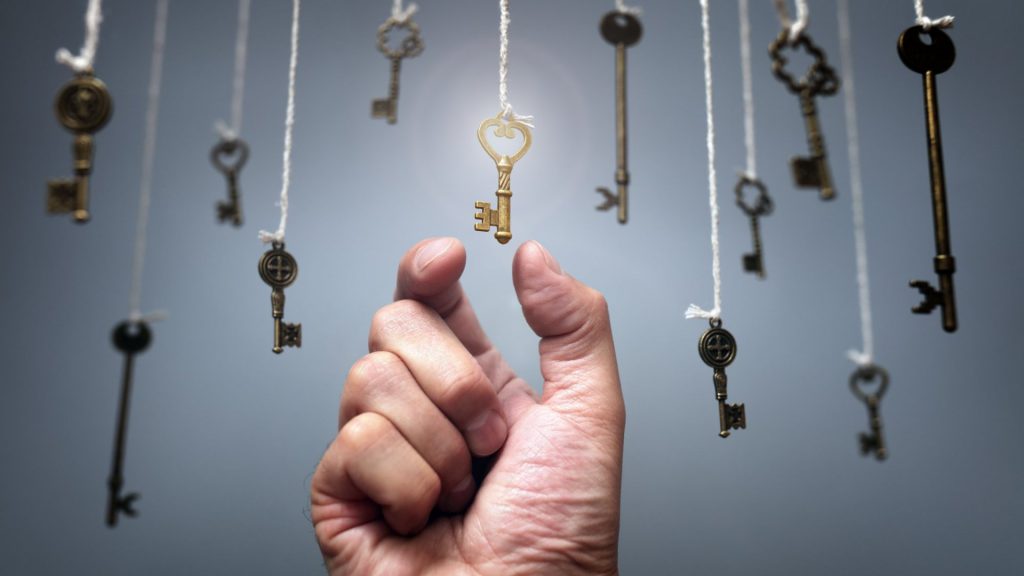Venture Capitalism – how and why to get in early.
Venture Capitalism is a wonderful thing, if you know how it works and how to get in safely. By the time you finish reading this, you should have just enough information to be a pocket venture capitalist right here in Accra, Ghana. This is the same information that makes so much money for Mark Cuban, Goldman Sachs, the many rich people of Wall Street, and soon, you. The reality is that, in the good old days, the rest of us could wait for a tech company to go public before we buy and own a piece of it. Back then, companies went public relatively very early. Microsoft went public not when it was valued at a billion dollars. Oracle went public not when it was valued at a billion dollars; same for Apple, and Amazon. If you bought those stocks back in those early days, and you held them till now, you’d be a multi-millionaire by now, maybe even a billionaire. The problem is that these days, there are many valuable companies that have great prospects and easily demonstrate that they are the next trillion dollar businesses in the near future. But you and I are not invited to invest when it really counts. It’s not open to the public until the big guys get the most out of it, then they say “oh hey come buy shares in this company and hope things go well”. A venture capital is a form of private equity financing that is provided by venture capital firms or funds to startups, early-stage, and emerging companies that have been deemed to have high growth potential or which have demonstrated high growth. Private equity financing means you’re giving the startup money in exchange for ownership shares. Everybody knew very early that Uber was a game-changer. I wish I bought into Uber when it was only a few years old. Uber waited from 2009 when it was worth about $5M, till it was worth over $76 billion in 2019 before going public. Since then it’s stock has moved from just over $40 per share, to just under $60 per share. That’s not exciting at all. THE REAL MONEY WAS MADE BY THOSE WHO BOUGHT INTO UBER WAY EARLY BEFORE THE COMPANY WENT PUBLIC. THE BIGGEST VALUE IS IN EARLY STAGES OF THE JOURNEY, NOT 10, 20, 30 YEARS AFTER. That is why I advocate for increased venture capitalism activity in Accra. Because there really is a simple way so that you and I and the regular working guy can create or buy into private companies the way that the big boys and the big girls do, before they go public. How do you get started? Let’s get very basic. HOW TO IDENTIFY A STARTUP We toss around this this term a lot, but it’s really important to understand how a startup differs from a publicly traded company since venture capitalism targets startups to invest in. I have three main ways to rank startups: the business model, the scale, and the ownership structure. The Business Model: Don’t think of this as the actual business model that the startup has. It’s if there is a business model that’s already been established, fairly tested and that is ready to scale, but hasn’t been scaled yet. A publicly traded company already has a business model that is working to some relatively high level of capacity and now in a public market. In fact that is why the company is now in the public market: to raise funds to scale the more. Unlike a startup, a publicly traded company has already solved a bunch of their major problems and now they’re looking to take it to the next level. A startup on the other hand, hasn’t really figured that out yet. A startup is still looking for that repeatable and scalable business model, and so when you invest, you might be investing in the potential of a future business model that hasn’t really been proven out yet. Imagine investing in Uber before the company tested out and confirmed that the same model used in San Francisco, California can work in Ashale Botwe, around Madina. The Scale: Scale is really the size and the amount of impact that this company is already having. Think of ‘impact’ as from the perspective of impact on the world, or financial impact. It is very common for a startup to make zero revenue; we call that a pre-revenue company, meaning it has yet to make any sales. Or, a startup might make a little bit of cash in a month but the size of “little bit of cash” depends on what they do. Point is, for their sector, its considered little. On the other hand, a publicly traded company is often times doing hundreds of millions, maybe billions in revenue or profit, just per quarter. So the scale we’re talking about is several orders of magnitude difference. It means a repeatable business model has already been found, and it’s really being put to work and that’s why it’s really showing in the scale. The Ownership Structure: Another core difference when it comes to investing is the ownership structure. So when you’re investing in a publicly traded company, the company is by definition “public”. In other words, when you invest in a publicly traded company like MTN, you are trading stocks and actually becoming a part owner. You also have the ability to transfer this ownership in a public market. The ownership structure in a startup is private. In other words, only the founders or a few investors have control. And you can’t easily transfer shares in a startup company on a public forum like you can in a publicly traded company. WHY YOU SHOULD INVEST IN STARTUP COMPANIES To support the vision of company: Again, using Uber as an example, as an early investor some 10 years ago, you would have had the bragging rights as being one of the few to have spotted the great vision and contributed with your hard earned cedis, or dollars. You can’t really say that now if
Venture Capitalism – how and why to get in early. Read More »




